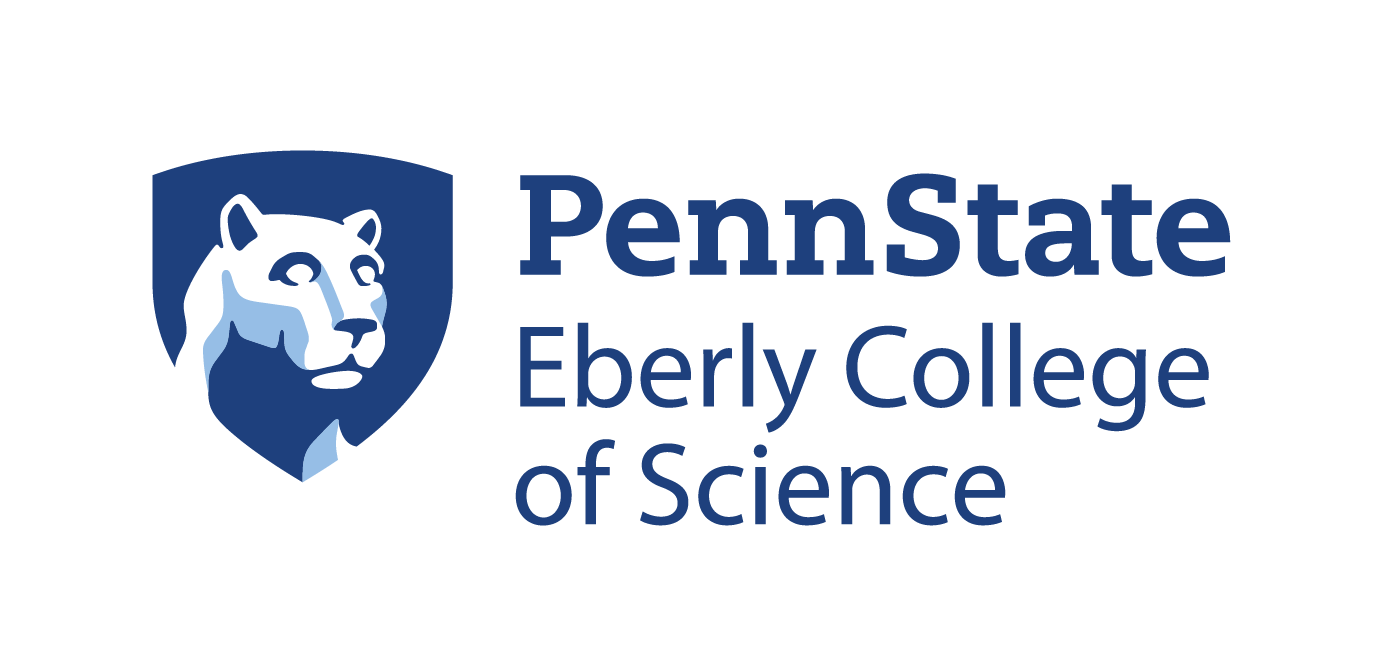The Grove Center has hosted book club discussions since 2017. The book club discussions are informal community gatherings open to anyone who has an interest in participating in the conversations on the assigned readings. Below is the list of books the Grove Center has selected for our book club discussions.
Teach Students How to Learn
Teach Students to How to Learn by Saundra McGuire, 2015, ISBN-10: 162036316X. Members of the Penn State community can access a digital copy from the Penn State Libraries.
- Digital Edition: Teach Students How to Learn
Context for this selection: Many instructors were seeking guidance in assisting students with research-based guidance and activities that support learning. McGuire shares her personal journey in coaching students on how to learn. She is a chemist by training, and she has mentored students for over 40 years.
Creating Self-Regulated Learners: Strategies to Strengthen Students’ Self-Awareness
Creating Self-Regulated Learners: Strategies to Strengthen Students’ Self-Awareness and Learning Skills, by Linda Nilsen, 2013, ISBN-10: 1579228674. Members of the Penn State community can access a digital copy from the Penn State Libraries.
- Digital Edition: Creating Self-Regulated Learners
Context for this selection: Many instructors had shared that helping students to develop a cycle of learning can be extremely difficult. Linda Nilsen’s book offers concrete examples of how to support students in the development of self-regulated learning skills. The examples include ideas for course design and course activities.
Talking About Leaving Revisited: Persistence, Relocation and Loss in Undergraduate STEM Education
Talking About Leaving Revisited: Persistence, Relocation and Loss in Undergraduate STEM Education, editors Elaine Seymour and Anne-Barrie Hunter, 2019, ISBN-13: 978-3-030-25303. Members of the Penn State community can access a digital copy from the Penn State Libraries.
- Digital edition: Talking About Leaving Revisited: Persistence, Relocation and Loss in Undergraduate STEM Education
Context for this selection: Instructors care deeply about the loss of students from our collective disciplines. We want to understand why we persisted, while many of our students have chosen not to stay in STEM disciplines. This book shares data from 20 years of studies on persistence in STEM. It is the follow up to a book sharing a series of students focused on the same topic with almost the identical title, “Talking About Leaving.” Sadly, the main drivers that influence students to leave still persist in our STEM culture of learning. This book provides insight and suggestions on how we can address issues we have control over in our teaching and hopefully increase the numbers of students who stay in STEM disciplines.
The Norton Guide to Equity Minded Teaching
The Norton Guide to Equity Minded Teaching, by Isis Arze-Vega, Flower Darby, Bryan Dewsbury, Mays Imad, 2024; ISBN-13: 978-0393893717. Instructors can request a free digital copy at the publisher’s web site.
Context for this selection: Instructors continue to ask us, “What can I do to create a more inclusive learning environment?” This guide introduces instructors to the research that supports inclusive course design and its application to our classrooms. The guide divides up the way we teach into three sections: Before You Teach, While You Teach, And Reflection After You Teach.
Office of Digital Learning (ODL) Book Club Books
Before merging with the Grove Center, the Office of Digital Learning (ODL) team ran their own book clubs to stay updated on educational research and practices. This fostered a culture of continuous learning and allowed the team to integrate innovative strategies into their instructional design, helping to enhance student achievement and faculty support. Engaging with diverse viewpoints helped the team become more knowledgeable about more efficient, inclusive, and dynamic educational settings.
Mindset
Mindset : The New Psychology of Success, by Carol Dweck, 2016. ISBN-13: 978-0345472328
Context for this selection: Members of the Office of Digital Learning read this book to gain insights into fostering growth mindset, which is crucial for enhancing student success and resilience. They aimed to understand the core principles to support faculty in creating environments that promote continuous learning and adaptability. The book provides simple techniques, like emphasizing effort over innate ability and how to provide constructive feedback to help motivate students to persist, rather than quit.
Small Teaching
Small Teaching : Everyday Lessons from the Science of Learning, by James Lang, 2021. ISBN-13: 978-1119755548. Members of the Penn State community can access a digital copy from the Penn State Libraries.
- Digital Edition: Small Teaching
Context for this selection: Members of the Office of Digital Learning read this book to explore the connections between cognitive research and practical classroom strategies. It offers simple, evidence-based techniques, such as incorporating retrieval practice, opportunities for prediction, and using spacing and interleaving, that instructors can easily integrate to enhance student learning and engagement. Our goal was to understand these small but impactful changes to support instructors in creating more effective learning environments, ultimately leading to improved student outcomes.
Small Teaching Online
Flower Darby, and James M. Lang. 2019. Small Teaching Online : Applying Learning Science in Online Classes. Vol. First edition. San Francisco, CA: Jossey-Bass. Members of the Penn State community can access a digital copy from the Penn State Libraries.
- Digital edition: Small Teaching Online
Context for this selection: Because we support the college’s online course portfolio, instructors often come to us seeking ideas on how to create dynamic, online learning environments. Members of the Office of Digital Learning read this book for its practical, research-based strategies tailored to online teaching. Some of the key ideas support the idea of community building, using technology effectively, and providing students with clear and frequent feedback.
The Shift to Student-Led: Reimagining Classroom Workflows with UDL and Blended Learning
Tucker, Catlin R., and Katie Novak. The Shift to Student-Led: Reimagining Classroom Workflows with UDL and Blended Learning. Impress, 2022. ISBN-13: 978-1948334525
- For bulk copies of 10+, community members can either complete this form or contact books@impressbooks.org
Context for this selection: Our learners are unique, and we must consider how we can create environments that support success for all. Members of the Office of Digital Learning read this book for its practical strategies on integrating Universal Design for Learning (UDL) and considering how to take traditional teacher-led workflows and change them into student-centered ones. Ideas, like providing opportunities for student discovery, giving more detailed and meaningful feedback, and empowering student-led communication, encourage students to become active, self-regulated learners. These practices move instructors from “sage on the stage” to “guides on the side,” and help us consider how we support the creation of more inclusive and effective learning environments.






